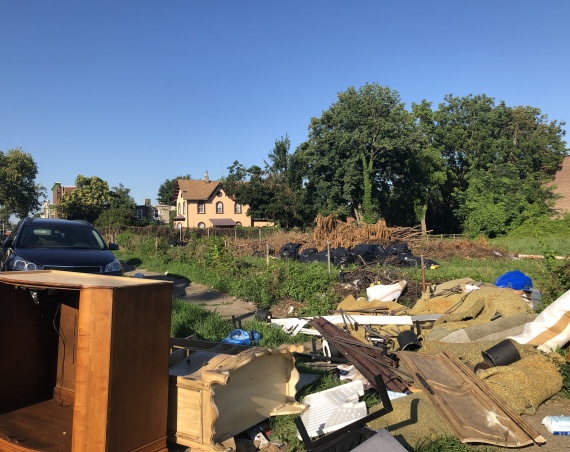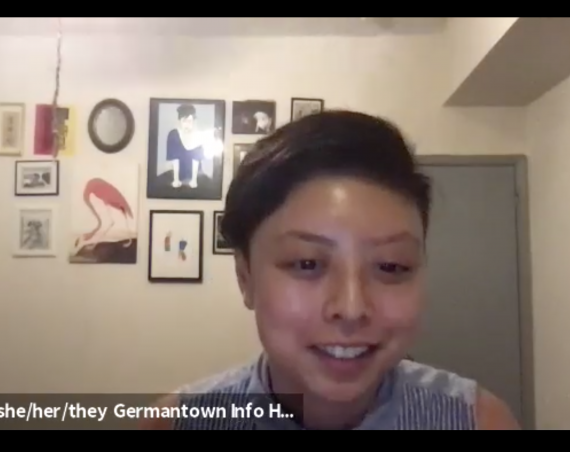On August 8, the Uptown Standard took to Instagram to announce that a new paper would be coming to Germantown in September. The three-year-old paper said it’s building on the success of its Roxborough-Manayunk Standard to branch out again. This week, the anticipation ends as the first issue of the Germantown Standard has officially dropped.
The founder of the Uptown Standard, James Williams Jr., started the paper in 2020 to “hold local politicians accountable for what they’re doing.” With a background in advertising for the Philadelphia Tribune, where his mother also worked, and previously working under politicians like David Oh, Williams identified a need for a paper in Philadelphia’s Uptown Section (Germantown, Ogontz, Oak Lane, Cedarbrook, Mt. Airy and Fern Rock).
From his viewpoint, politicians primarily care about press coverage, and he believes the media focuses all its attention on the City Council, Congress, and the mayor. He says the news needs to report on more hyperlocal politicians like state representatives.
“The state reps – we have way more of them in the city, and they have a lot of influence on the things with the legislation they do, right?” Williams says.
Williams also says that the Germantown expansion makes the most sense, as 60% of the content in the Uptown Standard came from Germantown, and about 50% of award-winners at their first-ever “Uppity Awards” last year were Germantowners.
With the new Germantown Standard paper released, Williams hopes to expand the same mission into Germantown, providing a local, printed news source that supports the growth and development of the community.
“We’re one of the only areas that don’t have a local newspaper. The Northeast has Northeast Times, Chestnut Hill has the Chestnut Hill Local, and South Philly has the South Philly Review. Only the minority neighborhoods don’t have newspapers in the city,” he says.
As a news aggregator, all of the Standard papers source news and information from different digital news outlets and partners to bring each target audience news most specific to their neighborhoods.
“I found a way to make this model workable. Partnerships with folks like WHYY. They do great things digitally because no one prints,” he says. “How does the person who is 70 years old know about that? Well, we bring it to them. And this stuff is usually more intriguing, substantial, and meaningful to the community than what they’re getting on ABC, CNN, and MSNBC.”
He also says that without access to reliable and timely information, it’s challenging for local businesses to thrive and for residents to stay informed about community events and initiatives.
“You can’t develop local commerce and have businesses on the commercial corridors [thriving] if you don’t actually have people going to them. Well, how do people know what’s going on? Local newspapers. That used to be where you would get the sales and all that stuff, but with a lack of local newspapers, you don’t get that information.”
Williams says local businesses and organizations are also crucial in the potential success of the Germantown Standard, stating his hopes they will buy advertising, but most importantly, their potential to be distribution sites. It’s “a big neighborhood collaborative,” he says.
While distribution is still in the works, the first edition of the Germantown Standard is accessible this week at www.uptownstandard.com, where folks may also access a printable version. When print copies become available, like other Standard papers, they will be free for all who come across them.



